The SRFSI Project
Context
The nexus between food, energy and water is of critical importance to sustainable development. Managing these interactions at different scales is crucial if we are to achieve and maintain sustainable food systems.
These issues are highlighted in the Eastern Gangetic Plains of India, Nepal and Bangladesh, where some 450 million people live amongst the world’s highest concentration of rural poverty. There, food insecurity is exacerbated by a strong dependence on agriculture, competition for energy and water resources, and climate change.
Methods are needed that can address issues of food security and which also contribute positively to environmental and social outcomes. This is where the Sustainable Development Investment Portfolio (SDIP) came in.
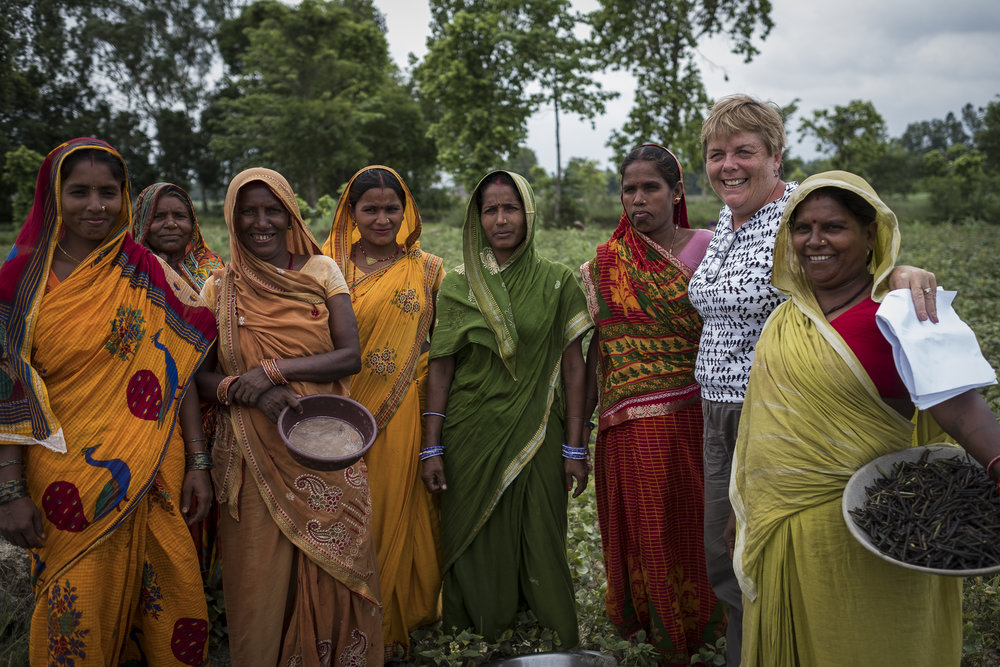
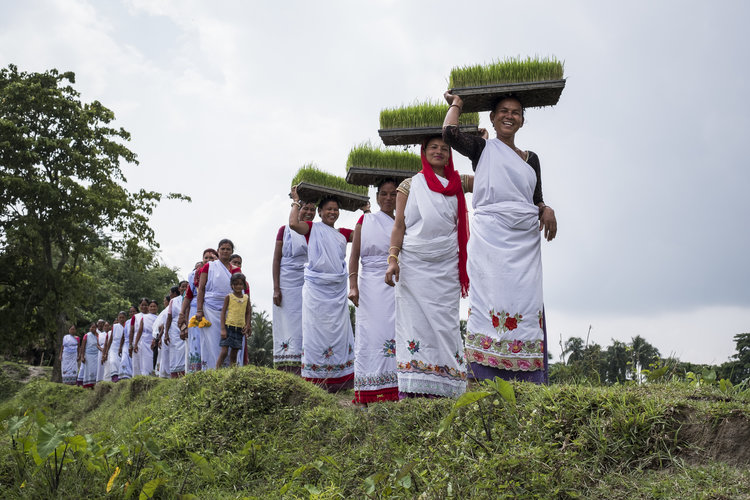
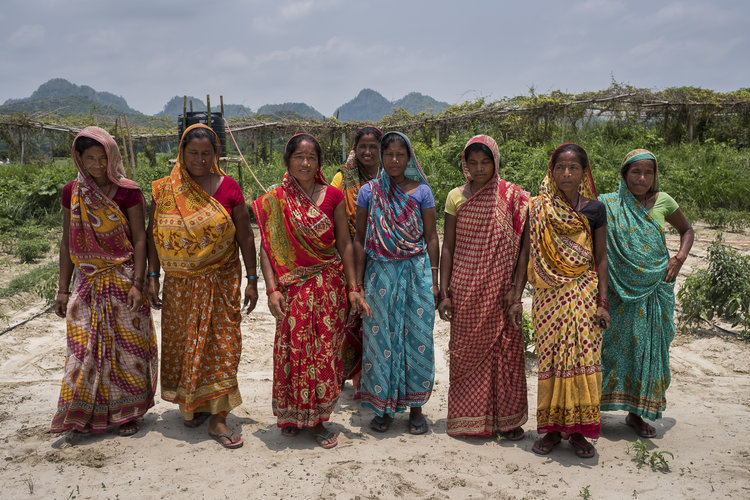
About SDIP Phase 1
The Sustainable and Resilient Farming Systems Intensification (SRFSI) project was ACIAR’s contribution to the first phase of investment (SDIP1) and is lead by the International Centre for Maize and Wheat Improvement (CIMMYT). It focused on understanding the bio-physical and socioeconomic settings in the EGP and improving the productivity, livelihoods and resilience of smallholder farmers to climate variability by facilitating the adoption of gender-inclusive, productive, profitable and lower-risk farming systems by over 75,000 farmers in the EGP.
Approach
The farming systems improvements tested in SRFSI were based on Conservation Agriculture based Sustainable Intensification (CASI), which is a broader form of Conservation Agriculture that incorporates agronomic, socio economic and institutional aspects of food production, including more sustainable agroecosystem management, increased input use efficiency and increased biological and economic productivity.
These are based on the Conservation Agriculture principles of:
minimizing soil disturbance
ensuring soil cover and diversification through rotations and include improved varieties
better irrigation practices
improved crop management techniques.
Within the project, the four pillars of SRFSI were:
farmer participatory technology generation
local innovation systems to help overcome value chain bottlenecks
enhanced capacity of market and service agents to support farmer innovation, and;
farmer-to-farmer knowledge exchange.
Extensive work was also undertaken in terms of understanding the local context from agro-ecological, socio-economic, institutional and policy angles.
Research and results from Phase 1
The research and development activities under the project were conducted in 40 nodes in eight districts across the EGP in Bangladesh, India and Nepal. These locations were chosen specifically to test techniques in a range of agro-ecological settings, as well as to enable cross-border comparison of results, and to explore the effects of institutional and policy settings.
Results from more than 3,000 participatory field trials demonstrated that CASI practices improved productivity and profitability while reducing water, energy use and labour requirements in rice, wheat, maize and lentil systems in the EGP.
For CASI approaches to be implemented on a wide scale, farmers need access to the right machinery services, good quality inputs, affordable energy and water sources and assured market options, all available to them at critical times of the year. The project worked to improve the enabling environment through initiating and supporting multi-stakeholder groups called Innovation Platforms (IP), interaction with existing agencies, and capacity building of key local and regional stakeholders.
The participation of women ranged between 33% and 62% through the implementation of a deliberate and specific gender strategy. Women have additionally reported the key impacts of CASI being higher incomes, a reduction in farm labour use, lower labour and production costs, reduced drudgery, more time to do other productive tasks and for leisure, better education for children and better family nutrition.
At an operational level, the project was instrumental in increasing awareness and mainstreaming of gender inclusion among the SRFSI project and partner teams.
Intensification of sustainable food systems requires policies and institutions that help smallholders minimize transaction costs and the potential risks involved in adopting new technologies and practices, and accessing markets.
IFPRI as part of the SRFSI project team identified the major constraints to sustainable intensification, including small and fragmented landholdings; high cost of irrigation despite a relative abundance of groundwater; reliance on rental markets for machinery in a location where rental markets are underdeveloped or uncompetitive; poor access to markets; low and volatile returns from agriculture; and weak institutional settings for extension, credit and insurance. These constraints must be addressed at policy and institutional levels if sustainable food systems based on CASI approaches were to be scaled effectively.
A synthesis and review of the results of the extensive work undertaken within SRFSI in the first Phase (available here) helped to inform future directions for ACIAR’s planned work in the context of sustainable food systems. This helped in translating the contributions already demonstrated at local scales to significantly improved food, energy and water security into broader policy-based decisions at state, national and regional levels.
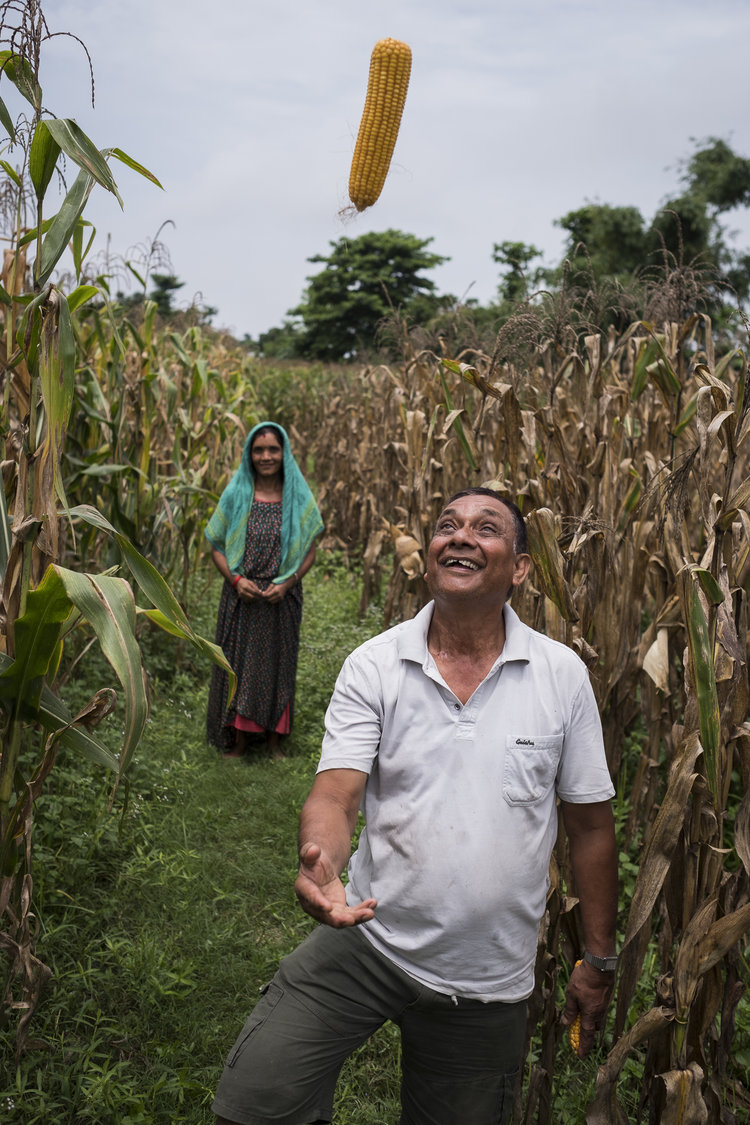
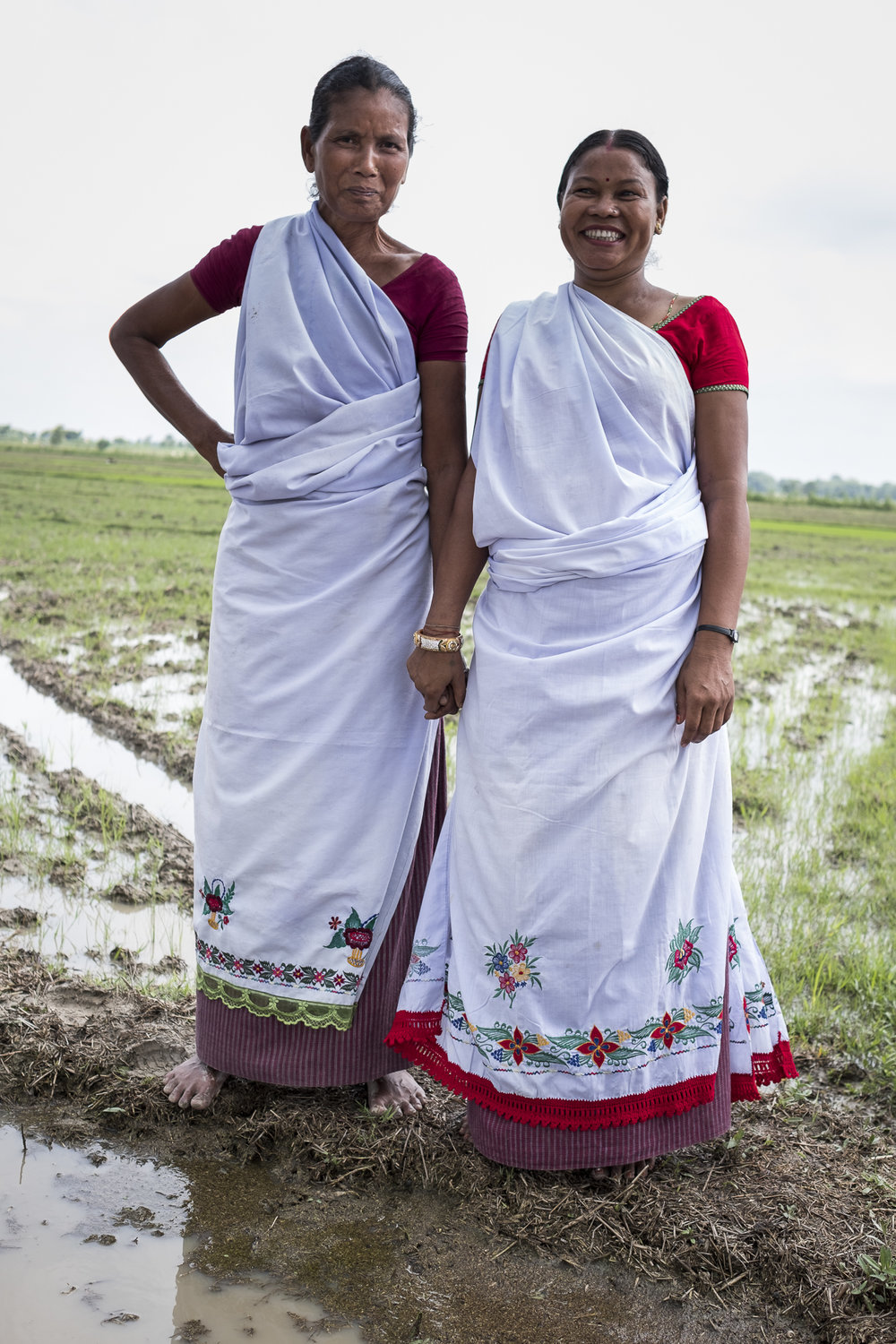
The evolution of a project
The SRFSI project undertook substantial evolution since its inception in 2014. The initial stage of the project focused on technological verification of CASI technologies, building connections between local stakeholders, and understanding barriers to implementation.
From 2018, the focus moved to scaling the proven technologies within and external to project sites. Based on the recognised needs, the commitment and resources of government and non-government scaling partners, and the expertise and resources available to the project team, the project supported scaling with an emphasis on capacity development of agents of change at various levels of the local agricultural sectors.
Activities related to capacity development were implemented from 2018 – 2019, at a range of levels from farmers and service providers up to master trainers in senior government research and extension agencies. This contributed to a strong base from which to pursue further work.
SRFSI had success in both technological verification and capacity development, and the final phase of the project focused on building a comprehensive understanding of the science of scaling and impacts for farmers. This included a focus on convergence, institutionalisation, systems assessment and synthesis – primarily socioeconomic work to contextualise SRFSI findings for impact. This was strengthened by connecting to other projects in the ACIAR SDIP program that addressed specific leverage points and bottlenecks.